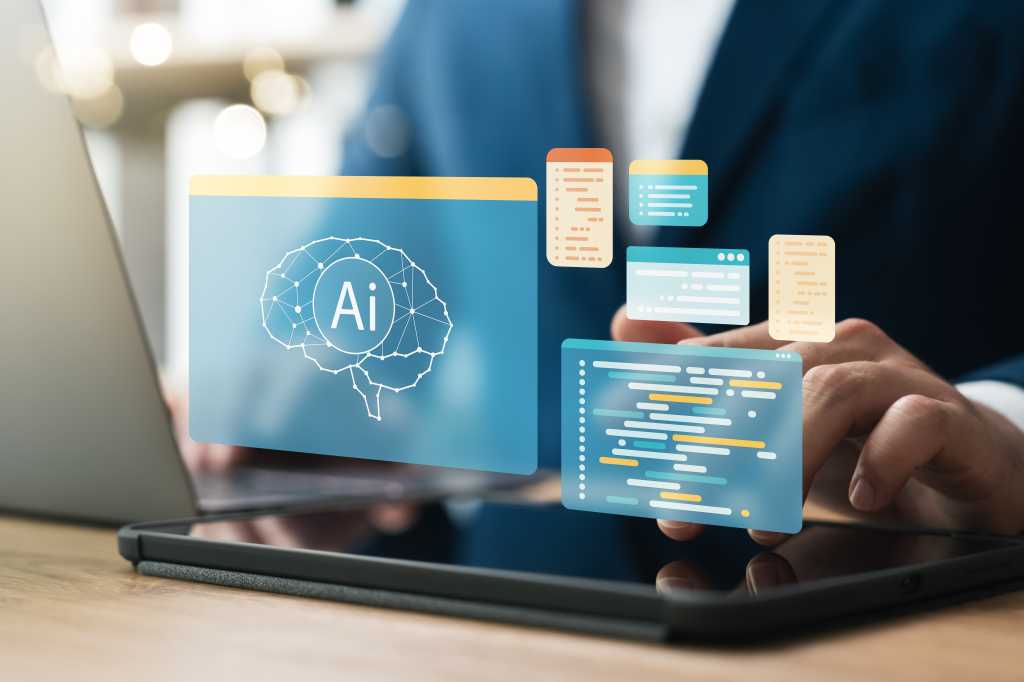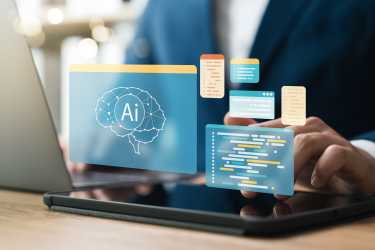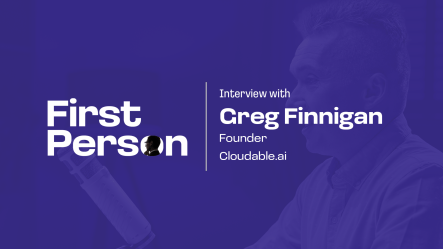Your competitors are already building their advantage. Are you?

The future of work is not just about automation; it’s about autonomy. We’re on the cusp of a revolutionary shift, moving beyond simple tools and algorithms to an era where intelligent, self-directed AI agents will play an increasingly prominent role in our economy. This is the agentic economy, and it’s poised to redefine everything from job roles to business models.
The new engine of business growth: From tools to teammates
At its core, the agentic economy describes a system where AI agents are not just executing pre-programmed commands but are capable of:
- Understanding complex goals: They can interpret high-level objectives rather than just specific instructions.
- Planning and executing multi-step tasks: Breaking down a goal into sub-tasks and carrying them out independently.
- Learning and adapting: Improving their performance over time based on feedback and new information.
- Interacting with other agents and humans: Collaborating and communicating to achieve shared objectives.
- Initiating work: Proactively identifying opportunities or needs and taking action without direct human prompting.
Think of it this way: instead of using a spell-checker (a tool), a marketer might soon deploy a “content agent” that researches a topic, drafts a blog post, optimizes it for SEO, and even schedules its publication, all with minimal human oversight.
Beyond automation: The power of autonomy
We’ve seen automation transform industries for decades. Robots assemble cars, software automates accounting, and algorithms manage supply chains. The agentic economy takes this to the next level by introducing agency.
- From “Do X” to “Achieve Y”: Humans will shift from giving granular instructions to setting high-level strategic goals.
- Scaling human capabilities: A single individual or small team could manage vast, complex projects by deploying and overseeing a network of AI agents, each specializing in different functions.
- New forms of value creation: Agents could discover novel solutions, optimize processes in ways humans haven’t considered, or even create entirely new services.
New operating model: The human-agent hybrid workforce
The advent of the agentic economy will bring profound changes:
Redefining job roles across functions
New roles will emerge focusing on designing, training, monitoring, and managing fleets of AI agents, while existing roles will evolve significantly.
- Marketing: A content creator might evolve into a creative director and agent orchestrator. Instead of writing every blog post, they’ll define campaigns, guide AI content agents to generate drafts, refine AI-created visuals, and strategize cross-channel distribution, ensuring brand voice consistency.
- Sales: A traditional sales representative could become an AI-enhanced relationship manager. AI agents might handle lead qualification, initial outreach, scheduling, and even personalized follow-ups, freeing the human to focus on complex negotiations, strategic account development, and building deeper client relationships.
- Customer service: A customer support agent transforms into a complex problem solver and empathy specialist. AI agents will handle routine inquiries, FAQs, and common troubleshooting, while the human agent steps in for emotionally charged interactions, unique problems that require creative solutions, or situations demanding genuine human understanding.
- Finance: An accountant may become a financial strategist and AI auditor. AI agents will automate data entry, reconciliation, and compliance checks. The human professional will analyze complex financial models, identify strategic investment opportunities, and interpret AI-generated reports to advise on business growth.
- Software development: A software engineer could evolve into an AI system architect. While AI agents might write boilerplate code, perform testing, and even suggest optimizations, the human engineer will design the overarching system architecture, define agent interactions, and solve highly complex, novel programming challenges.
This shift allows humans to focus on high-level strategy, creative innovation, complex problem-solving, and interpersonal collaboration – areas where human intuition and empathy remain paramount.
Increased productivity and efficiency
- Tasks that once took days or weeks could be completed in hours or minutes by agents working around the clock.
- Businesses can operate with leaner teams, potentially increasing profitability and enabling smaller entities to compete with larger ones.
New business models and industries
- We’ll see the rise of “agent-as-a-service” platforms.
- Existing businesses will integrate agents to offer entirely new products and services, or to personalize experiences at an unprecedented scale.
- The ROI of agentic initiatives must be measured not just in cost savings but in new value creation, market share gains, and enhanced customer satisfaction.
The importance of human-centric skills
- Critical thinking & problem solving: Evaluating agent outputs and identifying new strategic directions.
- Creativity & innovation: Generating novel ideas that agents can then execute.
- Emotional intelligence & empathy: Essential for leadership, team collaboration, and customer relations.
- Ethical reasoning: Ensuring AI agents operate within ethical boundaries and align with human values.
Addressing the challenges
- Ethical concerns: How do we ensure agents act responsibly and ethically? Who is accountable when an agent makes a mistake?
- Job displacement: While new jobs will emerge, some existing roles will undoubtedly be automated, requiring significant reskilling and upskilling initiatives.
- Security & control: Ensuring agents operate securely and remain aligned with human intent will be paramount.
A call to action for leadership
The agentic economy isn’t a distant sci-fi fantasy; it’s already beginning to take shape. The time to prepare is now.
- To the CEO/C-suite: Your vision will define how agents unlock new value. Foster a culture of innovation – encourage experimentation with AI agents to identify new efficiencies and opportunities.
- To the CHRO: Your talent strategy will be your greatest competitive lever. Invest in reskilling – collaborate with partners and educational institutions on programs to help workers adapt to new roles.
- To the CIO/CTO/Chief AI officer: Your technical foresight will be the foundation of this new era. Engage in strategic partnerships for unique value creation. Establish a robust technical framework that includes developing clear policies for data governance and ensuring agents operate securely and remain aligned with human intent.
- To the CMO: Your creative leadership will ensure agents amplify, not diminish, your brand’s voice.
The world of work is changing, and those who understand and embrace the rise of the agents will be best positioned to thrive. The agentic economy promises a future where human ingenuity is amplified by the power of autonomous AI. It’s a journey that requires foresight, adaptability, and a commitment to harnessing these powerful technologies responsibly.
This article is published as part of the Foundry Expert Contributor Network.
Want to join?










